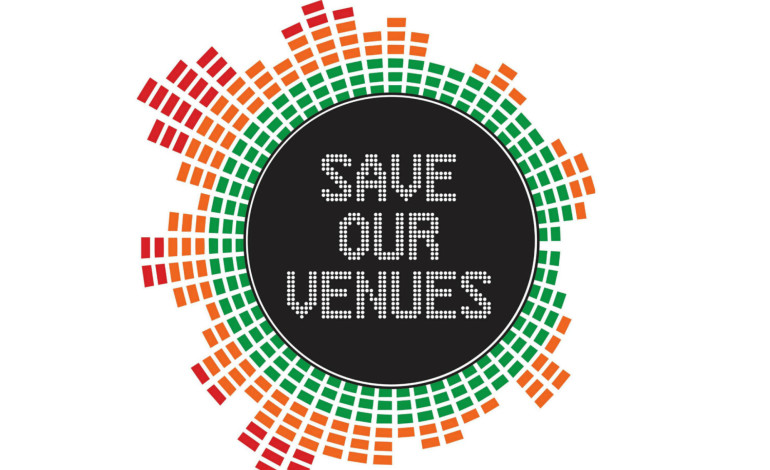
The UK Government has recently announced the release of a further £300 million from the Cultural Recovery Fund to help artistic spaces and creative institutions affected by COVID’s closures and restrictions. With Boris Johnson announcing a delay in “Freedom Day”, which was supposed to be June 21st but has been postponed to July 19th, the impact on England grassroots venues and festivals is catastrophic: the cancellation of over 4,000 shows, a combined loss of £36 million, budget cuts, staff and crew reduction, artists and club owners unable to pay rent.
In reaction to this, the Government has promised £300 million to help the industry survive these weeks. The Culture Recovery Fund previously helped arts bodies and institutions with £1.57 billion support. A DCMS spokesperson said that this would “provide further support as the cultural, heritage and creative sectors move towards reopening at full capacity” and would be “available for both new organisations who are at imminent risk of failure and existing recipients of CRF grants” in order to protect these spaces “for future generations and safeguarding hundreds of thousands of creative jobs in the supply chain”.
Culture Secretary Oliver Dowden stated: “Our record-breaking Culture Recovery Fund has already helped thousands of organisations across the country to survive and protected hundreds of thousands of jobs. Now, as we look forward to full reopening, this funding shows our commitment to stand behind culture and heritage all the way through the pandemic.” He added: “This round of funding will provide a further boost to help organisations build back better and ensure we can support more of those in need – safeguarding our precious culture and heritage, and the jobs this supports.”
On the other hand, there is some anger from freelance musicians, crew and technicians, who claim to be left out of this funding. Dave Webster, the National Organiser of Live Performance at the Musicians’ Union explained: “When they announced the third round of the Cultural Recovery Fund we asked for them to please make it available for musicians and freelancers because so many are falling between the gaps, as we have been since COVID started, and the answer was no. They managed to do it in Scotland, Wales and Northern Ireland but it’s staggering that they can’t do it here in England.”
